Chinese Ambassador to Britain Zheng Zeguang called on the United States and Britain to handle their ties with China by showing respect and avoiding confrontation, in an opinion article published Tuesday in The Guardian.
"Taiwan has been an inalienable part of China's territory since ancient times," he expounded the historical context of the Taiwan question in the article titled "Taiwan is now a touchstone issue for the UK, the U.S. and for us in China. This is how we see it."
"'Taiwan independence' means war and will lead to a dead end. Opposing and defeating such attempts is meant to avoid war and safeguard peace and stability in the region," he said, adding that "the Chinese people will firmly safeguard, at any cost, their national sovereignty and territorial integrity."
That explains the resolute response from China after the provocative visit to China's Taiwan region of U.S. House speaker Nancy Pelosi, the ambassador said, noting, "The U.S. side and 'Taiwan independence' separatist forces must bear full responsibility for their wrongdoings."
The right way for China and the United States, two major countries, to handle their relations is to respect each other and avoid confrontation, he noted.
"The right thing for the U.S. to do is to acknowledge the one-China principle and the three Sino-U.S. joint communiques: stop playing the 'Taiwan card'; sever any official ties and military cooperation with the island; and stop creating further crises," he said.
Recalling the development of China-Britain diplomatic relations starting from the early 1950s, Zheng said, "Full diplomatic relations had to wait until the UK clearly recognized the Chinese government's position that Taiwan is a province of the People's Republic of China, decided to revoke its official representative office on the island, recognized the government of the People's Republic of China as the sole legal government of China, and promised to maintain only an unofficial relationship with Taiwan."
He reiterated his call for the two countries to "follow the principles of mutual respect, equality and non-interference in each other's internal affairs, engage in dialogue and cooperation, and join hands to address common challenges."








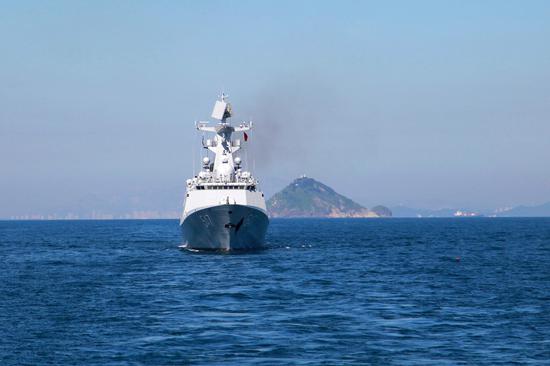







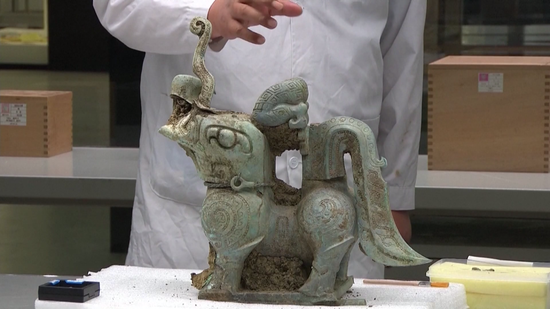






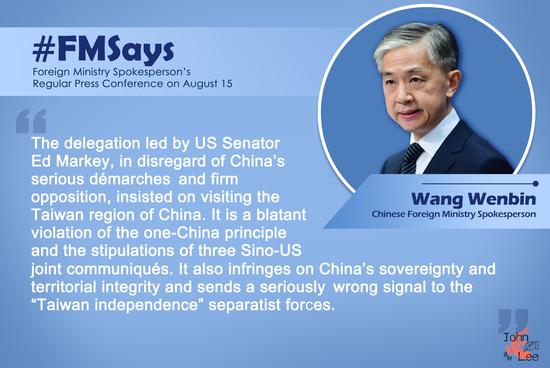
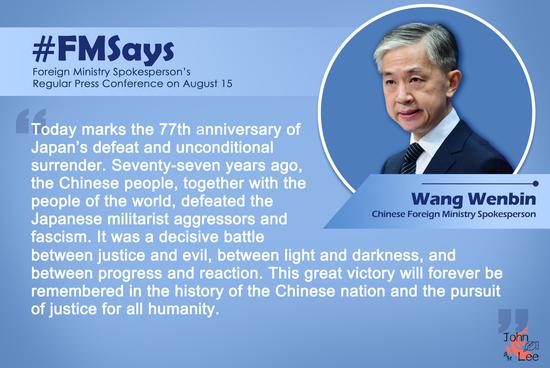





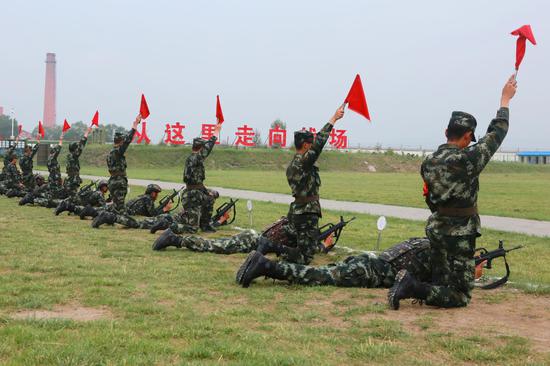






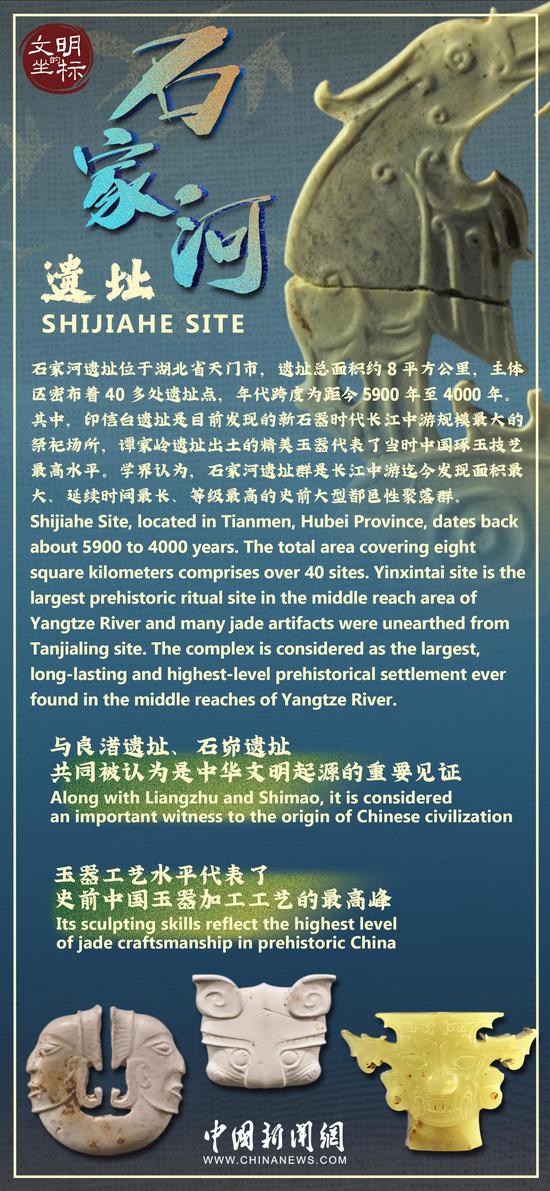

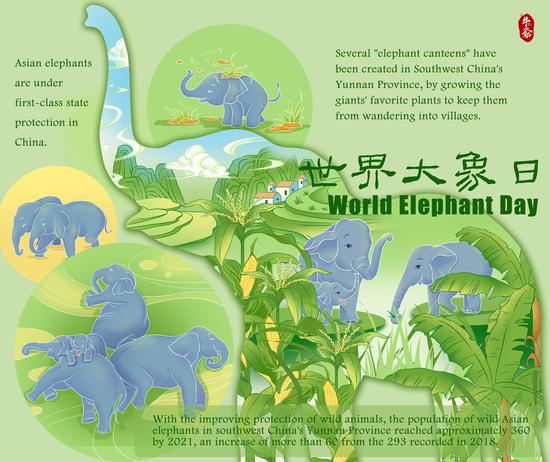


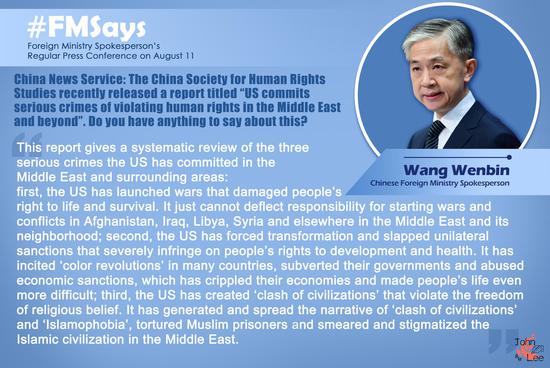







 京公网安备 11010202009201号
京公网安备 11010202009201号